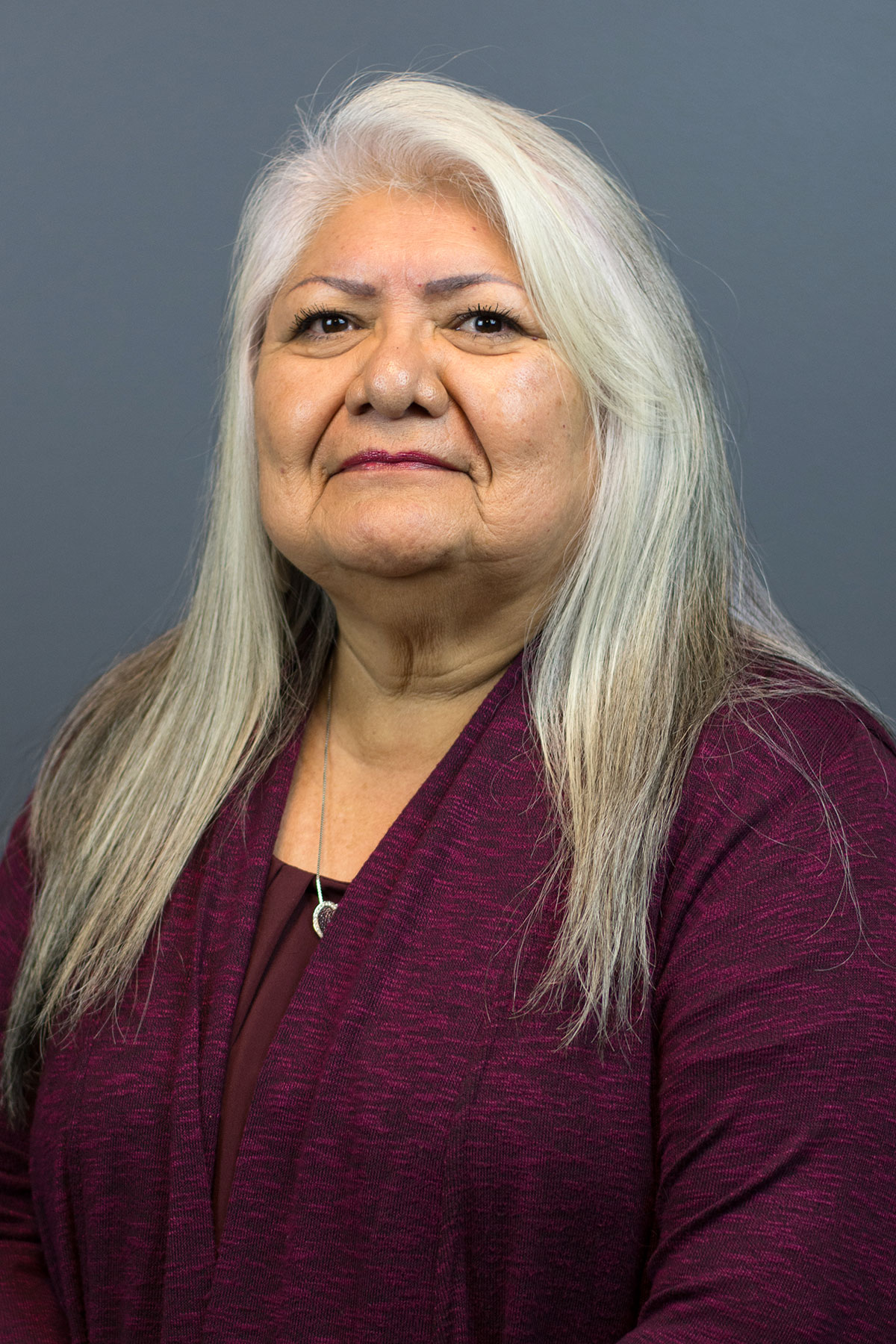Electronic Banking, aka E-banking
Encyclopedia.com defines Electronic Banking, or “E-Banking”, as “a form of banking in which funds are transferred through an exchange of electronic signals rather than through a physical exchange of cash, checks, or other types of paper documents.” Whether we realize it or not, a majority of us already use electronic banking, and most of our banks probably provide additional E-Banking services we’re not even aware of. Do you withdraw money using an ATM? How about purchases with a Debit Card? Those are two of the most common forms of electronic banking.
Most of us are required to make credit card payments, and it’s always a race to get the paper bill, write a check, mail the check, and hope the company receives it before you get a late payment fee. Living in this somewhat remote area, we have all experienced the frustration of scrambling to turn everything around as fast as possible and then still getting a late payment fee, or delinquency notice, because our mail has taken a trip to Albuquerque on its way to Denver. Whether you receive a hard copy statement in the mail or if it’s delivered via email, with Bill Pay, or similar E-Banking services offered by banks, you can simply login to your personal bank account and pay your bills online in a matter of minutes. You may also choose to pay most bills online directly with the vendor. It is usually just a matter of setting up an on-line payment account with the company you want to pay.
While E-Banking services allow you to initiate payments, on the other hand, they also enable the receipt of payments electronically. Specifically, a widely utilized and simple process commonly known as “Direct Deposit” automatically deposits funds into your bank account. When you utilize Direct Deposit, you’ll save time and energy not having to wait for checks to arrive in the mail or worry that your check could be lost in the mail, or driving to the bank and waiting in line because the money is directly deposited into your account. Going on vacation, not to worry, your paycheck, tribal distribution, child support, or other payments will still be deposited into your account – no check to pick up. Not to mention that with the current Covid-19 restrictions, the less time spent in public depositing your checks, the safer you’ll be.
Whether or not you are new or well versed in using Direct Deposit, we all still get the occasional paper checks. The good news is most banks offer a mobile deposit option where you can take a picture of the check with your phone, through a banking app now common among most banks, and your check will be deposited directly into your account without having to leave your house. No need to take it to the bank and stand in line to make a deposit.
These are just a few of the many services offered by Electronic Banking. They are fairly simple to establish and, once established, will save you countless hours over time. There are many other benefits to E-Banking. If you are interested in learning more, talk to your bank about what they have available, and in some cases, account fees may even be reduced or waived by using one Electronic Banking service or another. If you don’t have a local bank or don’t want to go into your local branch to discuss, then just log on to your bank’s website, and there will be plenty of information and contact numbers if you have any more questions.

